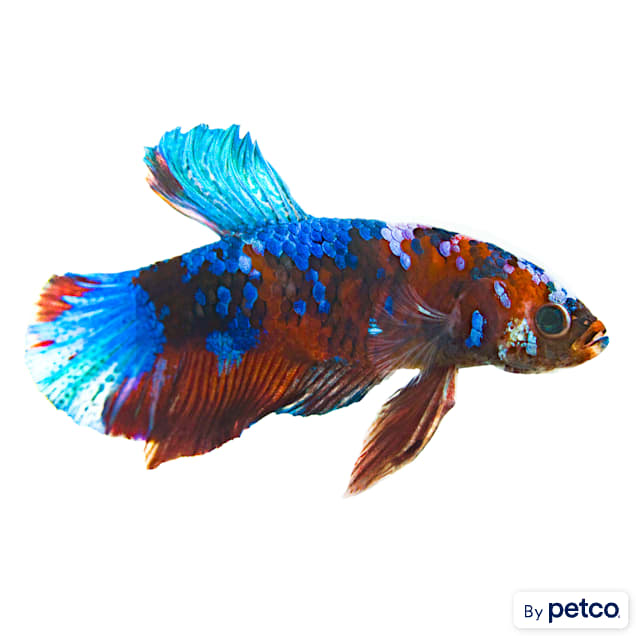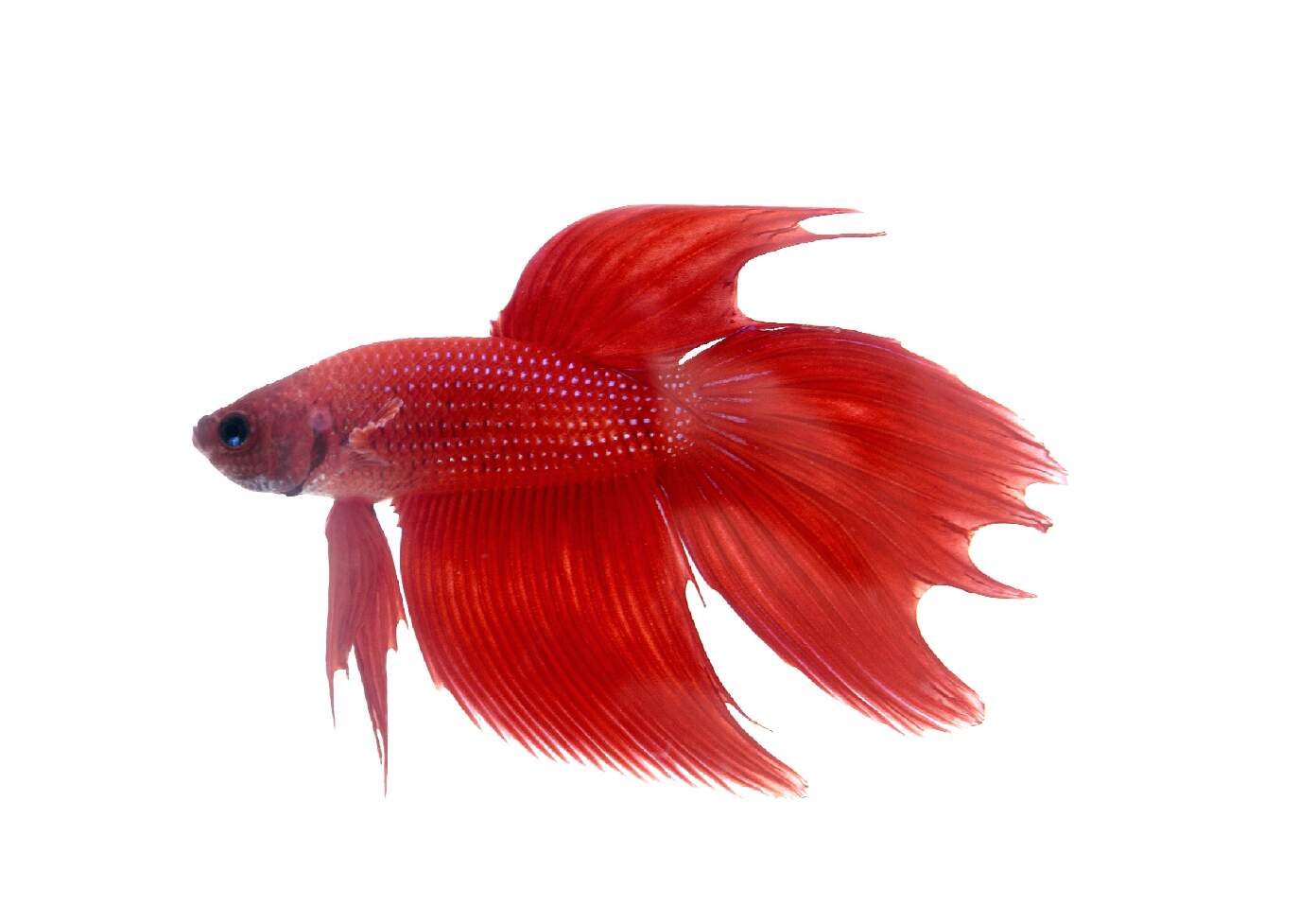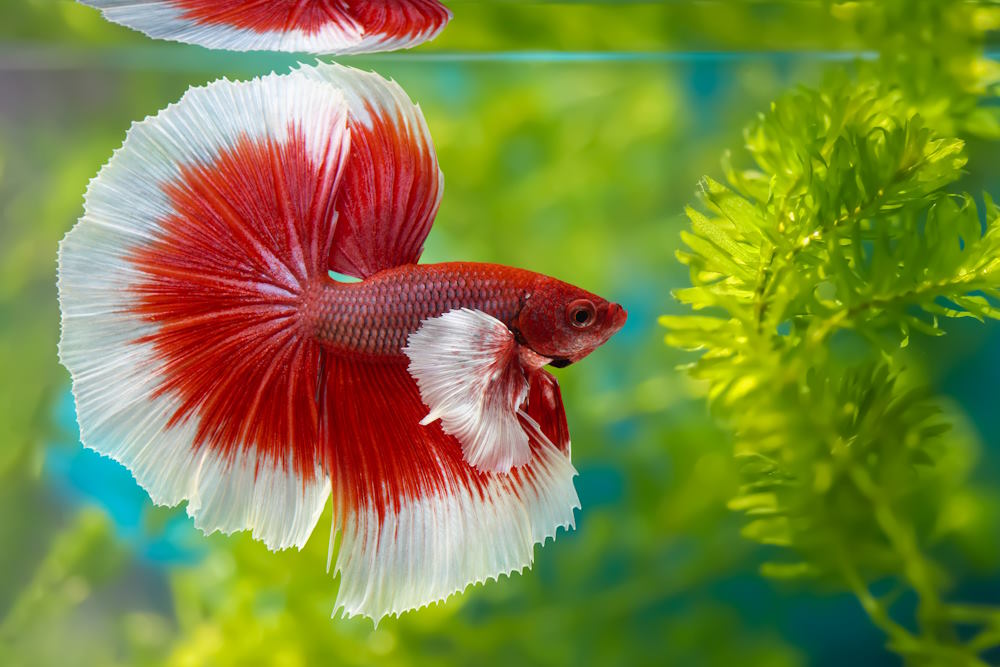Typical Betta Fish Conditions and How to stop Them
Typical Betta Fish Conditions and How to stop Them
Blog Article
The Ultimate Guide to Betta Fish Treatment: Crucial Tips for Preserving a Healthy and Thriving Aquarium Atmosphere
Effective Betta fish treatment demands an extensive understanding of their unique ecological and physiological demands. Developing an appropriate fish tank begins with choosing the right tank size and making certain optimum water conditions, which are crucial for the health and wellness of your Betta.
Selecting the Right Storage Tank
Selecting the suitable tank for your Betta fish is important to guaranteeing its wellness and well-being. Bettas flourish in atmospheres that simulate their natural environments, which usually contain calmness, warm waters. A storage tank dimension of at the very least five gallons is recommended to supply adequate swimming area, as smaller storage tanks can result in tension and health issues for these vibrant fish.
When choosing a container, think about the tank's shape and filtering system. A rectangle-shaped tank is better to a bowl, as it provides extra surface location for oxygen exchange. Furthermore, a trusted filtration system is crucial to preserve water high quality and reduce the regularity of water changes (betta fish). Nevertheless, it is very important to pick a filter with a mild flow, as Bettas are not solid swimmers and may resist solid currents.
Temperature level regulation is another essential aspect; Bettas favor water temperature levels in between 76 ° F and 82 ° F. Buying a good heater will certainly make sure that the water continues to be within this range, promoting a healthy and active way of life for your Betta. Lastly, giving appropriate tank decors and hiding places will help in reducing stress and encourage natural behaviors, even more boosting your Betta's well-being.
Maintaining Water High Quality
Maintaining optimum water quality is crucial for the wellness and long life of Betta fish. This requires routine surveillance of numerous parameters, consisting of temperature level, pH, ammonia, nitrite, and nitrate levels.
The pH level should preferably drop between 6.5 and 7.5. Routine testing utilizing a trusted water testing kit can help guarantee these specifications remain within the appropriate varieties. Ammonia and nitrite degrees ought to constantly go to 0 ppm, as even low concentrations can be hazardous to Betta fish. Nitrate degrees should be kept under 20 ppm to avoid long-term wellness concerns.
Routine water modifications are essential to maintaining water high quality. Additionally, incorporating a robust filtering system can aid in preserving water clarity and high quality, offering a much healthier habitat for your Betta fish.
Suitable Feeding Practices
Offering a balanced diet regimen is critical for the wellness and vivid coloration of Betta fish, as their nutritional demands play a significant role in their total wellness. Betta fish are meat-eating naturally, needing a diet high in healthy protein. A combination of premium pellets, frozen or real-time foods such as bloodworms, salt water shrimp, and daphnia can supply the necessary nutrients they require.
Feed your Betta fish two to three times a day, using just what they can eat within 2 to 3 mins to stop overfeeding and keep water quality. Overfeeding can bring about obesity and health and wellness issues, consisting of swim bladder illness. It is crucial to find more info check their dietary consumption and readjust portion sizes as necessary.
In addition to protein, a balanced diet needs to consist of minerals and vitamins to advertise optimal health and wellness. Consider supplementing their diet plan with top notch flakes or pellets particularly created for Betta fish, as these commonly include needed ingredients.

Developing an Appropriate Habitat

Water high quality is vital; preserve a temperature between 76 ° F and 82 ° F, and guarantee the pH degree ranges from basics 6 - betta fish.5 to 7.5. Routine water changes of 25-50% per week will certainly assist maintain toxins at bay and guarantee a stable environment
Incorporating plants and concealing spots is crucial, as Betta fish are normally territorial and take pleasure in having areas to explore and pull away. Live or silk plants, in addition to caverns and ornaments, can produce a revitalizing setting.

Normal Wellness Checkups
Performing regular health appointments is vital for making certain the well-being of Betta fish, as very early discovery of prospective concerns can prevent serious health issue. These check-ups ought to encompass a complete exam of the fish's physical condition, habits, and ecological elements.
Begin by observing the Betta fish for any signs of distress, such as lethargy, anorexia nervosa, or unusual swimming patterns. Additionally, examine the fins and body for indicators of discoloration, lesions, or fin rot, which can suggest infections or parasites. Regularly checking the water top quality in the fish tank is just as crucial; parameters such as pH, ammonia, nitrite, and nitrate levels must be preserved within ideal arrays to avoid anxiety and view disease.
Furthermore, take into consideration maintaining a log of wellness monitorings and water high quality tests. Prompt treatment can make a substantial difference in the healing of your Betta fish, guaranteeing a long and healthy and balanced life in a well-maintained fish tank atmosphere.
Verdict
In verdict, effective Betta fish care hinges on creating and maintaining an optimum fish tank setting. By adhering to these guidelines, aquarists can advertise the health and vibrancy of Betta fish, ultimately resulting in a flourishing water community.
Report this page